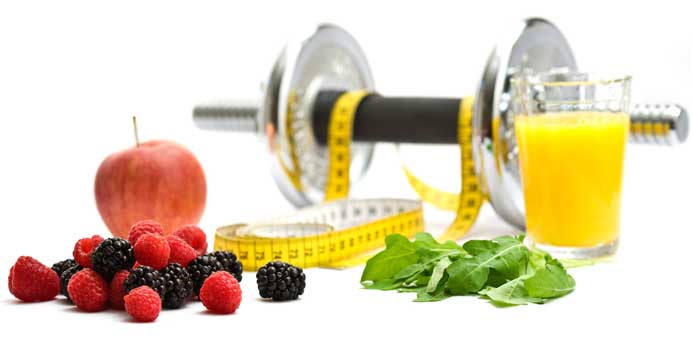Why is it important to reach a healthier weight?
Reaching and maintaining your weight is very important for staying healthy. If you are overweight you can be at risk for developing high blood pressure, type 2 diabetes and other diseases. I have provided you with simple scales to understand how to manage your weight and what is a safe way to lose or gain weight.
Understanding energy in, energy out
Energy in: what you eat or drink
Energy out: what you do (walking, jogging, running, etc.)
Maintaining Weight:
Calories you have consumed (2,000), Calories you have burned off (2,000)
Example: If you are on a 2,000 calorie diet plan that means you need to eat close to that 2,000 calorie mark to maintain your current weight.
Energy in (equal), Energy out (equal)
Losing Weight:
Calories you have consumed (1,500), Calories you have burned off (2,000)
Example: when you are trying to lose weight while being active it is recommended that you cut out about 250 calories of your daily calorie intake. If you are trying to lose a lot of weight it is recommended that you cut out about 500 calories from your daily intake. A 2,000 calorie diet plan is a great place to start if you are trying to lose weight, but you can calculate your calorie needs and then cut out about 250 to 500 calories depending on how much weight you are trying to lose.
There are about 3,500 calories in one pound of fat.
You would lose the amount of weight listed in the chart below if you reduced the number of calories in your daily intake for about an entire month (30 days). Consult with your doctor and/or clinical dietitian if you are trying to lose a lot of weight and/or cutting more than 500 calories from your total daily diet plan.
Cutting Calories Chart:
250 500 750 1,000
2 lbs 4 lbs 6 lbs 8 lbs
Energy in (less), Energy out (greater)
Gaining Weight:
Calories you have consumed (2,200), Calories you have burned off (2,000)
Example: The safe way to gain weight is by eating 50 to 200 extra calories than your normal daily calorie intake. Keep in mind that you can eat extra healthy foods to get more calories in your diet, rather than eating foods that are high in fat or have unhealthy added sugars.
Energy in (greater), Energy out (less)
